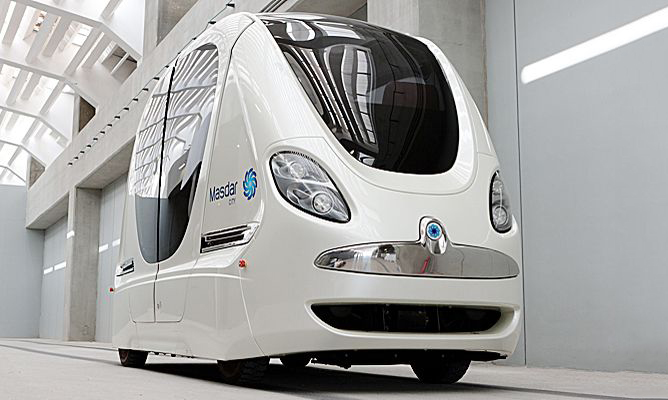
The groundwork for public trials has been laid by a new code of practice which will make it possible to test autonomous cars on British soil
M1 vehicles, also known as driverless cars are now allowed to be tested on Britain roads, thanks to world’s first ever code of practice regarding driverless cars, recently announced by UK. Greenwich in South-East London, Bristol, Coventry and Milton Keynes are those four towns around the country, which are going to be the first to experience this.
Paving the way to world’s first driverless public transport network
World’s first driverless public transport networks are going to be established in the Britain, all this has been made possible because of this code. It will include driverless buses and autonomous pods like the Lutz Pathfinder, which is used to travel on pavements. Everything is under development right now and it would not be possible to have them on the roads before late 2017.
Who has developed this code?
The Department for Transport in consultation with UK Autodrive Consortium – backed by the government – which includes GATEway consortia, Venturer, Ford, Jaguar, and Tata. With the aim to make UK the global hub for the development of driverless vehicle technologies and to integrate these vehicles into the urban environments that exist, Autodrive thrive.
What is this new code of practice by the way?
This new code of practice for testing driverless vehicles states:
- A minimum of 30 seconds of data must always be available so if the driverless car is involved in an accident, the cause of the accident can be determined;
- The pavement ‘pods’ must have someone who can remotely control them (but doesn’t need to be inside them) to bright them into a safe state in the event of a problem;
- The M1 driverless vehicles must have a manual driver in the vehicle who can take over if the autonomous system fails;
- If there is an accident, in the case of the M1 vehicle the liability lies with the driver, in the case of driverless pods it lies with the remote controller of the vehicle.
The autonomous car sector is growing at a rapid pace, a 16 per cent annual growth to be precise and the government is estimating it to be worth £900bn a year by 2025.
